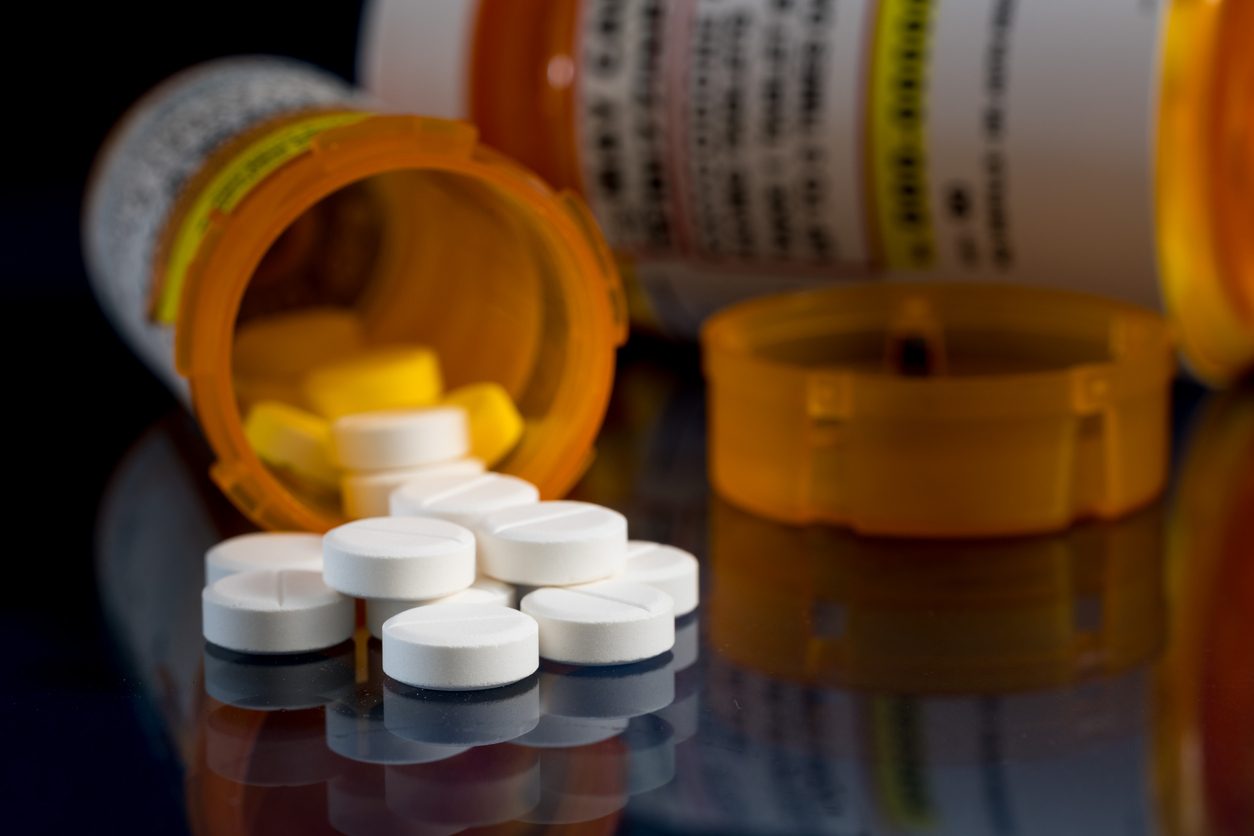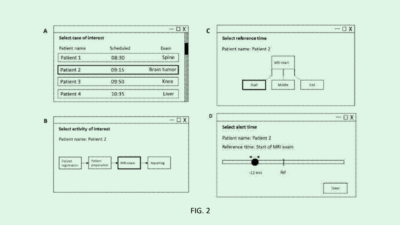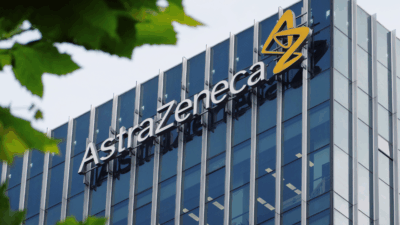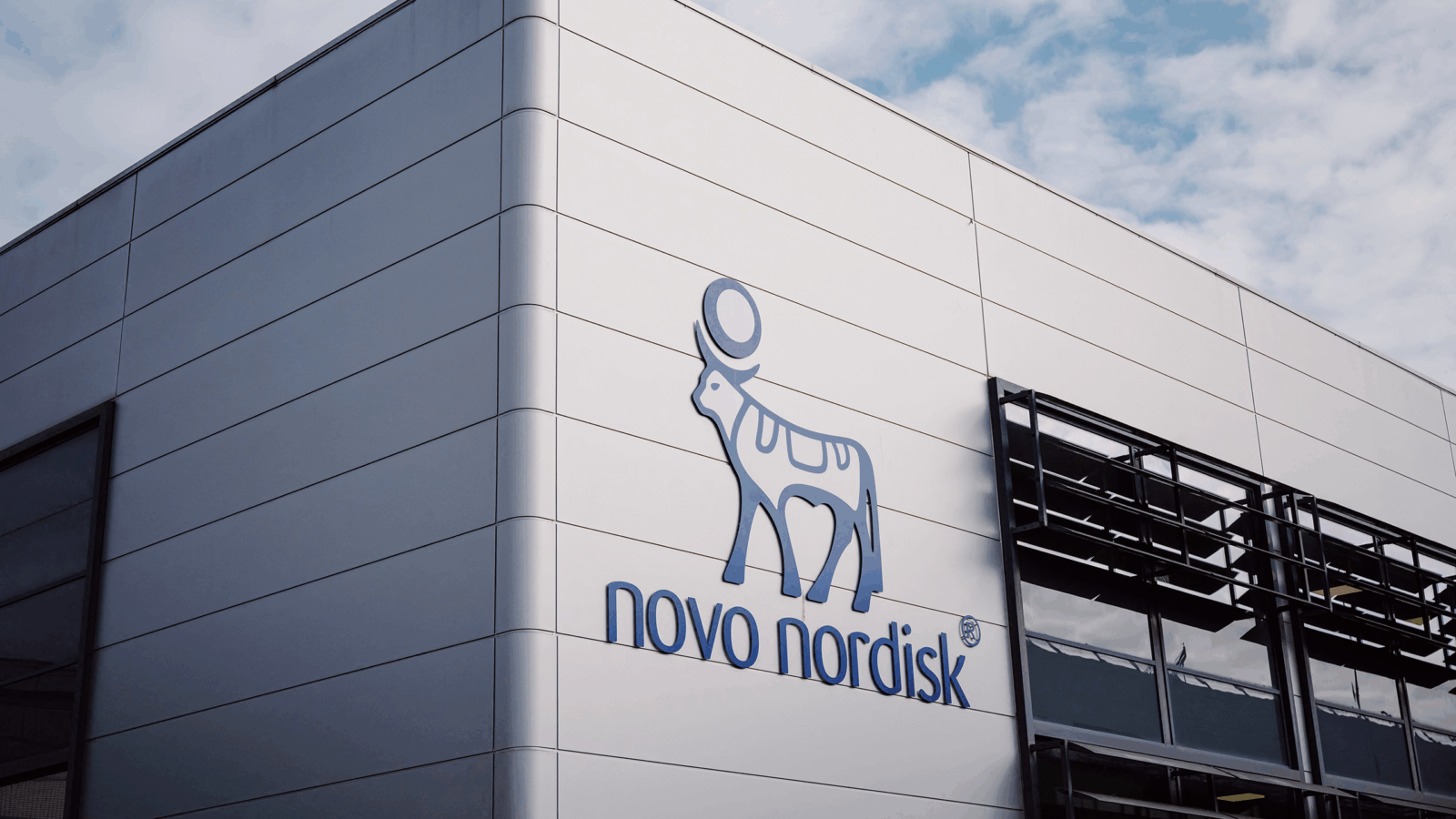
Sign up for smart news, insights, and analysis on the biggest financial stories of the day.
It’s officially the Year of the Tiger and US regulators are questioning how some drugs developed in China earned their stripes.
The approval process for over two dozen cancer drugs and a host of other medicines is in limbo as the FDA scrutinizes the quality of research behind them, according to a report in The Wall Street Journal on Wednesday.
Arrested Research Development
In recent years, US pharma companies have paired with Chinese counterparts to get in on a wave of research and development spending in the world’s second-largest economy. Last year, Chinese firms spent a record $441.3 billion on R&D, a 14% increase over 2020 according to the country’s National Bureau of Statistics.
But the plans of firms including Eli Lilly and Novartis, which stand to gain hundreds of millions if they’re allowed to roll out therapies developed in China thanks to all that capital, have hit a quality control snag:
- Chinese regulators in 2016 found 80% of domestic drug applications they reviewed had erroneous, insufficient, or fabricated data from studies, according to the British Medical Journal.
- There are currently 25 potential new cancer treatments developed and tested primarily in China that US companies have told the FDA they would like to bring stateside– including a lung-cancer immunotherapy that Eli Lilly hoped to offer at a lower cost than competing drugs– but the regulatory agency is apparently wary of the studies because they may not be reliable and didn’t test US patients.
“We have nothing against drugs being developed in China,” Richard Pazdur, director of the FDA’s cancer-drugs division, told the WSJ. “Our issue is, are those results generalizable to the US population?”
Wrong Idea: Pazdur himself may have inadvertently triggered the backup of China-developed drugs — in 2019, he told a medical conference the FDA was open to Chinese drug studies if they contained “quality” data, which led many companies to conclude they could perform research and development in the cheaper market. On Wednesday, he said he was misinterpreted.











